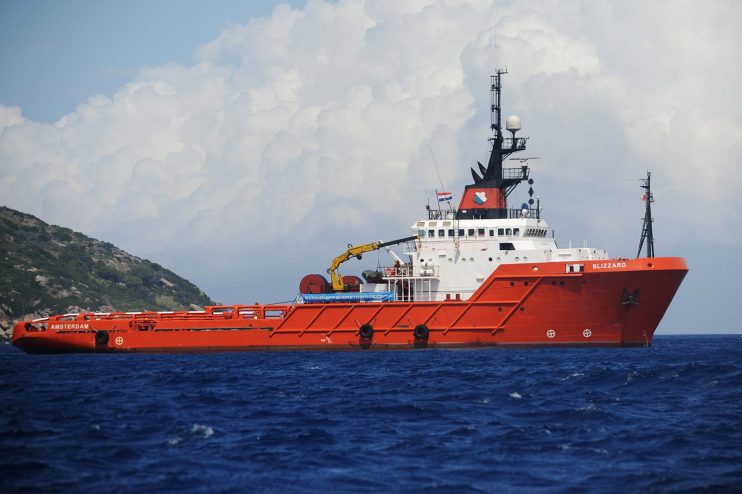Italy blocks Astrazeneca shipment to Australia as vaccine shortage row escalates

The Italian government has blocked the export of an Astrazeneca vaccine shipment to Australia as a row over EU shortages continues to escalate.
Astrazeneca had requested permission from the Italian government to export around 250,000 vaccine doses made at its Anagni plant near Rome to Australia.
However, Italian authorities blocked the request after the British-Swedish drug manufacturer failed to meet its EU contract commitments.
Italy’s decision to block the shipment was approved by the European Commission, which agreed that there was a risk of breach of the EU’s advance purchase agreements.
The European Commission implemented border controls at the end of January after Astrazeneca fell 75m doses short of the planned orders for the EU in the first quarter of 2021.
Italy is the first EU country to use the bloc’s new regulations allowing exports to be stopped due to supply shortages.
It is understood the doses will now be redistributed within the EU, where about eight per cent of the population has been vaccinated, compared with around a third of all Brits.
Australia had intended to start its rollout of the Astrazeneca vaccine by Monday, and is expecting to receive 1.2m doses from Europe.
Around 300,000 doses of the Astrazeneca jab arrived in the country last weekend. The Australian government has not yet commented on the blocked shipment.
The move marks the latest in an ongoing row between European countries and Astrazeneca, after the company said manufacturing supplies meant it would no longer be able to commit to its pre-agreed orders.
A major dispute around the company’s vaccine supplies to Europe earlier this year led to some countries questioning the vaccine’s efficacy among older groups.
Eleven out of 27 EU member states including France, Germany, Poland and Italy, have declined to give the jab to older people because of the lack of early clinical trial data supporting its efficacy in over-55s.
EU officials have since attempted to quell growing scepticism over the efficacy of the Astrazeneca vaccine amid concerns it is compromising the vaccine rollout across Europe.
Germany has used around 200,000 out of 1.4m doses of the Astrazeneca jab delivered so far — equivalent to around 15 per cent of its current supply. A survey suggested half the German population would rather wait for a different vaccine than take the Cambridge-based drug.
Meanwhile, France had issued just 16 per cent of the Astrazeneca jab as of 25 Feburary, after President Emmanuel Macron claimed it was “quasi-ineffective” among older groups.
By contrast, uptake of the Pfizer jab is around 80 per cent across Europe, according to data from the European Centre for Disease Prevention and Control, an EU agency.
Italian health officials this afternoon said the country will administer just a single vaccine dose to those who have recently recovered from a Covid-19 infection, in a move apparently aimed at saving shots amid the EU’s sluggish vaccine rollout.
The recommendation applies to both people who have fallen ill and those who were diagnosed but had no symptoms between three and six months ago.